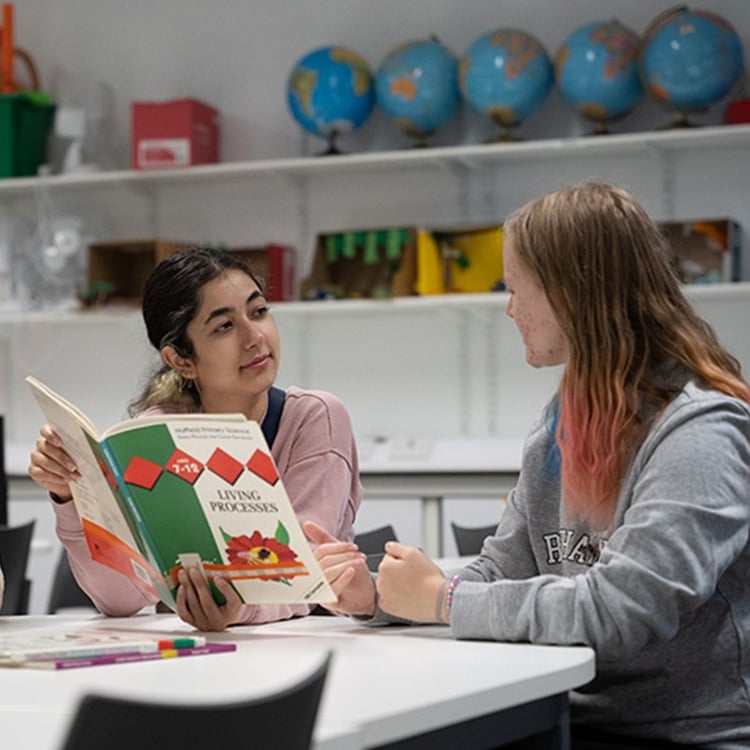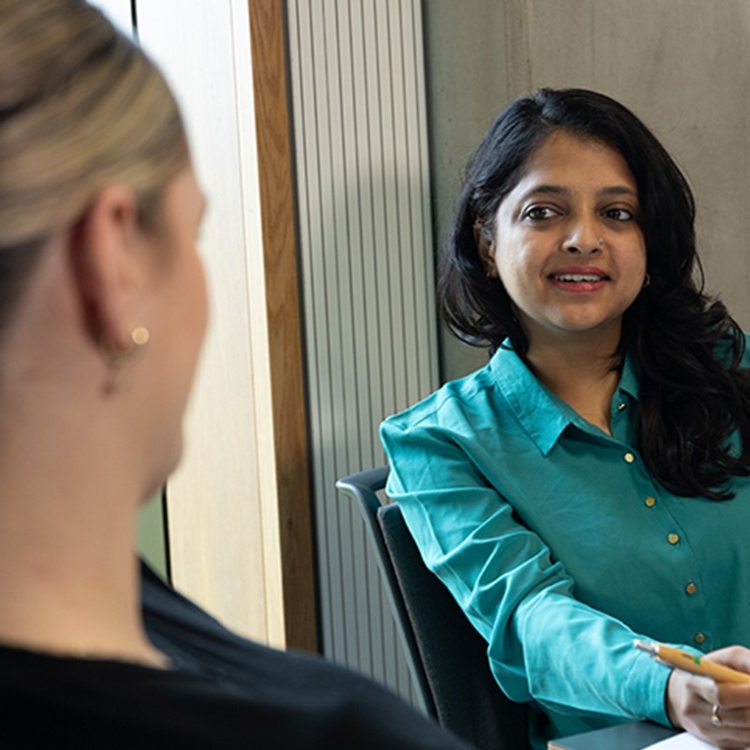/ Undergraduate /
Start date:
September 2025
Entry tariff:
112–128 UCAS points (or equivalent)
UCAS Code:
X100
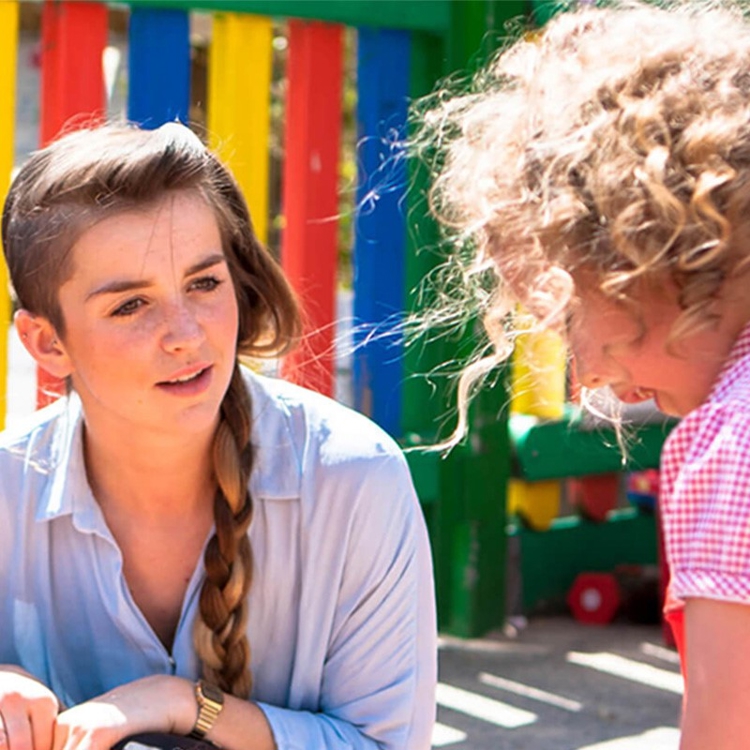
On-Campus Open Day
Saturday 12 July 2025
A practice-based foundation programme exploring the holistic development of young children, the shaping of their future well-being, and their learning outcomes. Get the specialist skills you need to tackle issues facing young children with teaching informed by the works of Friedrich Froebel*.
Did you know?
You will get access to the Froebel Archive, containing rare books, toys and photos, collected over the past 200 years.
This course was rated above 90% for satisfaction with teaching and learning by students in the last National Student Survey.

Top 6 in London in Childhood & Youth Studies
(Complete University Guide 2025)

Silver in the 2023 Teaching Excellence Framework (TEF)
For delivering high quality teaching, learning and outcomes for our students.

#1 modern university in the UK for Research
Research Excellence Framework

These modules are those we currently offer for 1 year (full-time) and may be subject to change.
- Contemporary Issues
- Babies and Toddlers
- Studying Young Children
- Placement
- Froebelian Perspectives: Play and Outdoor Learning
- Being a Professional in Early Childhood
- Play, Representation and Creativity
- Promoting Health and Well-being in Early Childhood
- Communication, Language and Literacy
- Special Needs in Early Childhood Education and Care
- Research Methods
- Leading in The Early Years Sector
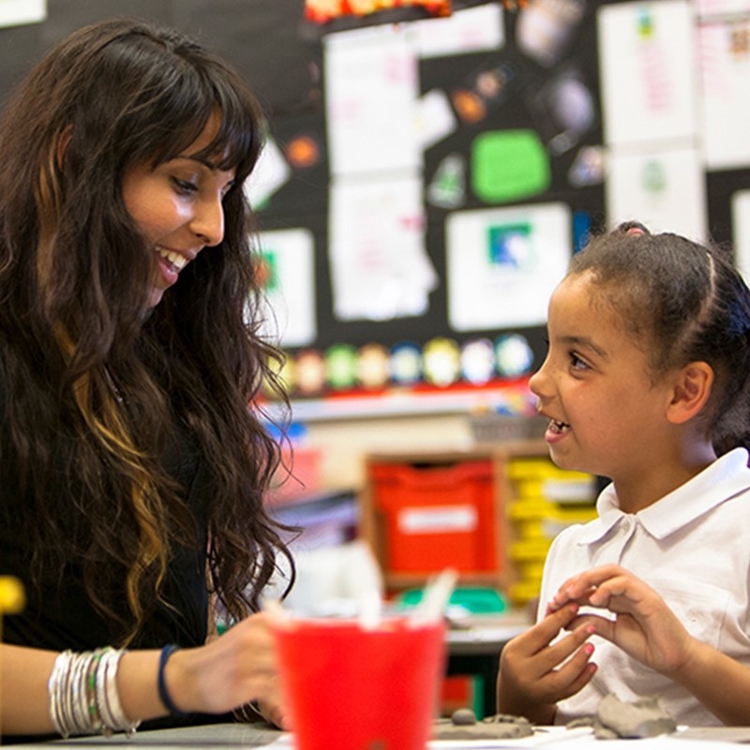
Skills
Make a difference to young children’s lives with a foundation degree in Early Childhood Studies.
This course gives you the knowledge and skills to carve out a sustainable career in the education sector or working with young children.
On our FdA Early Childhood Studies, our priority is ensuring that you graduate with a professional skillset. This incorporates;
- Developing knowledge, skills, and confidence to act as an advocate for babies, young children, their families and communities
- Understanding policy and practice and learning to engage in critical inquiry and problem solving around key issues in the field
Learning
Experience a dynamic, contemporary curriculum working with leading experts.
Working in both small groups and individually, you’ll enjoy a mix of lectures and seminars as you work through progressive modules, including:
- Froebelian Perspectives: Learn about the work of Friederich Froebel and his principles
- Contemporary Issues: Analyse a range of current issues and debates in early childhood and education
- Education Contexts: Explore the different fields of education, including institutions, policies, practices, and learning environments. This module includes a compulsory placement
Throughout the course, you’ll be supported by a dedicated and passionate team of lecturers and sector professionals.
Enjoy a personal and practical approach to your studies. You’ll work in exceptional learning facilities, including:
- The world-class University of Roehampton Library, which is staffed by friendly and dedicated staff who are here to help you. As soon as you join us, you will be able to enjoy all the benefits of our state-of-the-art resources.
- Access to the Froebel Archive, containing rare books, toys, and photos, collected over the past 200 years.
Roehampton is internationally renowned for its work in early childhood studies. This course takes a distinctive Froebelian approach to the study of early years, grounded in the following principles:
- A holistic view of babies, young children, their families and the communities they are part of, making links with past, present and future.
- The centrality of play and (outdoor) environments for wellbeing and learning.
- Inclusion and connectedness, and a commitment to social justice in the field of early childhood.
- A commitment to recognising and responding to the individual experiences and understandings of children.
- Continued development of understanding of professionalism and professional reflection and action, linking theory, research and practice.
This course offers all students the option of a one-year paid work placement, to boost your employability even further. If you choose this route, you will take the placement following year two of your course, and then return to complete your degree.
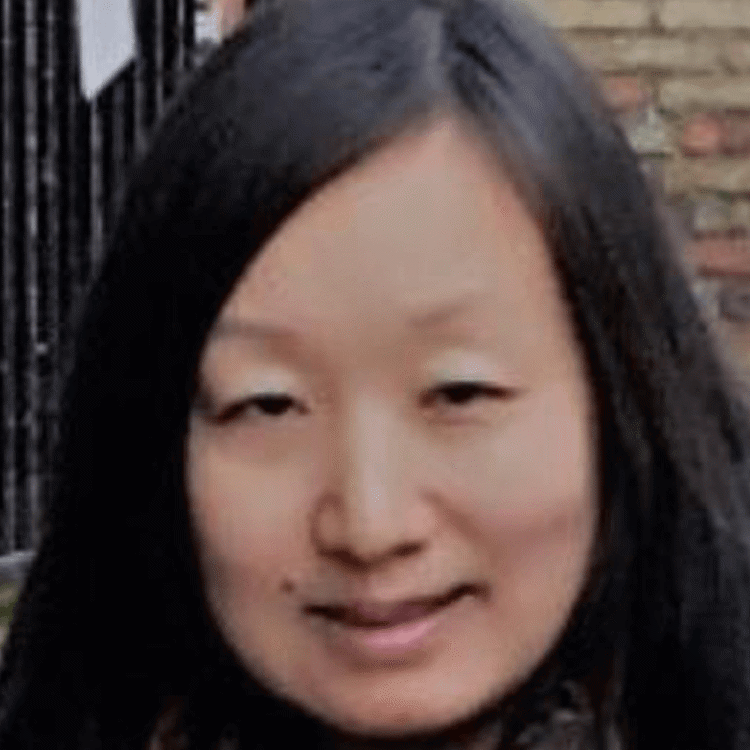
Dr Fengling Tang
I'm Senior Lecturer in Early Childhood Studies. I am Programme Leader for the Early Childhood Studies BA/FdA/Top Up and Froebel Professional Certificate Course in Early Childhood. My teaching covers the undergraduate, postgraduate and Froebel Certificate courses. My research interests include young children’s identities, children’s rights and participation, Froebelian perspectives, wellbeing and spirituality, early childhood professionalism and pedagogy, play and creativity, technology in early childhood, education for sustainability, and ethnographic research with young children.
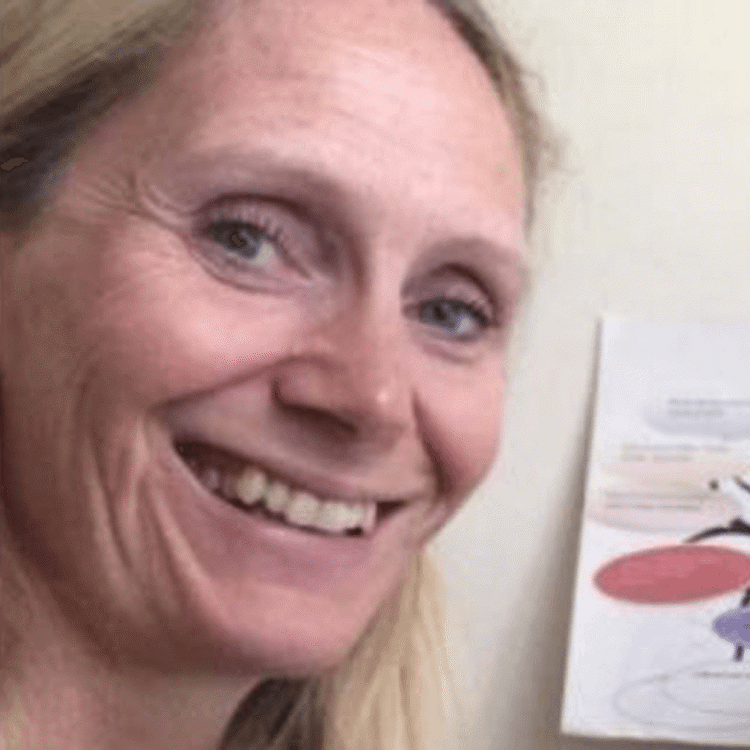
Sigrid Brogaard-Clausen
I am a senior lecturer on the Early Childhood Studies programme. My Danish Education as a Social Pedagogue forms the platform for my work, influencing both my role as a lecturer/ tutor and my research with a particular interest in promoting democratic participation and wellbeing of young children and early childhood professionals.
My research and teaching focus on advocacy and professionalism is based on democratic principles and critical consideration of the context of curricula and professional education in England and abroad, with specific knowledge of the Danish context. A democratic and comparative angle has been the foundation for my research while exploring young children’s experiences of wellbeing, the identity formation of the professional, and professional and parental understandings of young children’s wellbeing, as well as comparative curricula policy studies.
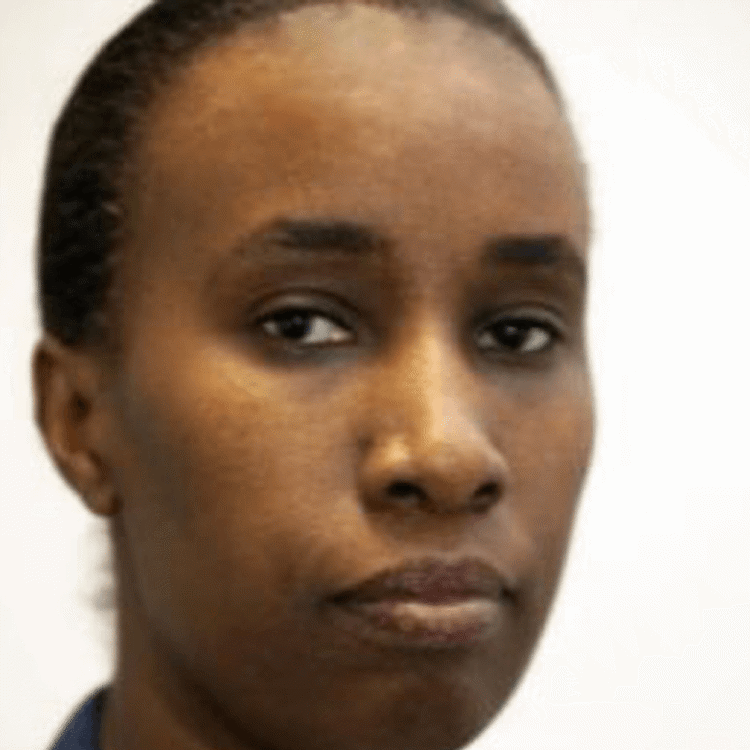
Dr Evelyn Corrado
I'm Evelyn and i use multidiscplinary appraoch in my teaching and research. My study background is Psychology (MSc and BSc) and Sociology of Education. My Ph.D. research explored dialogic pedagogies in Kenya to enhance teaching and learning. I grew up in Kenya and have a tremendous social-cultural understanding of the African context, which informs my work. Previously, I worked in UK Mental Health Sector for almost ten years and later as an academic tutor at Middlesex University for four years (in the BA Education program).
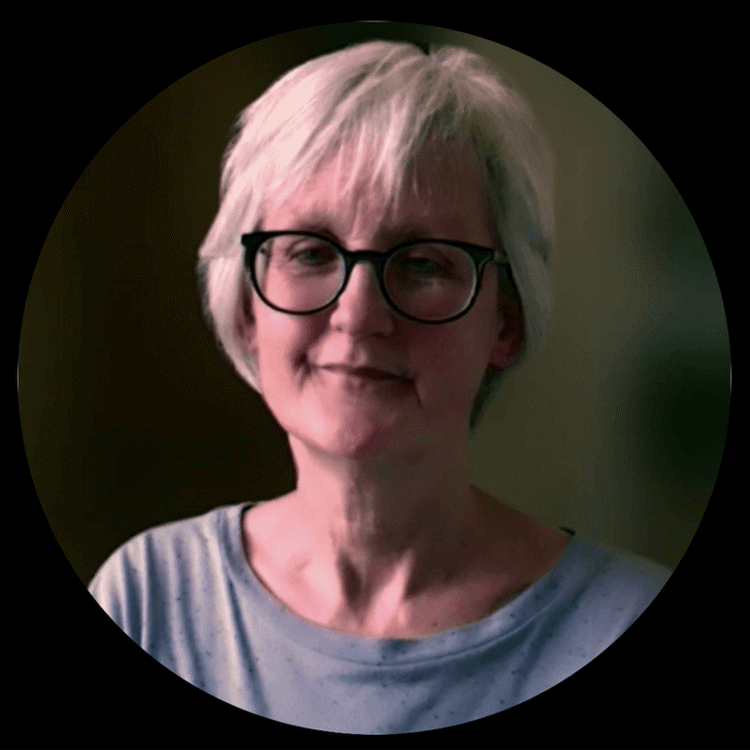
Dr Sue Smedley
I am Sue Smedley and I teach a variety of undergraduate courses in education and early childhood studies, including the dissertation module in early childhood studies students’ final year. My main interests are in early years and primary teachers’ professional identities and in the place of Froebelian principles. Prior to joining the university, I worked as a primary school teacher in South East London. My research interests are in these two main areas: the experiences of men who train to become primary school teachers; the opportunities to protect and extend Froebelian principles in practice.
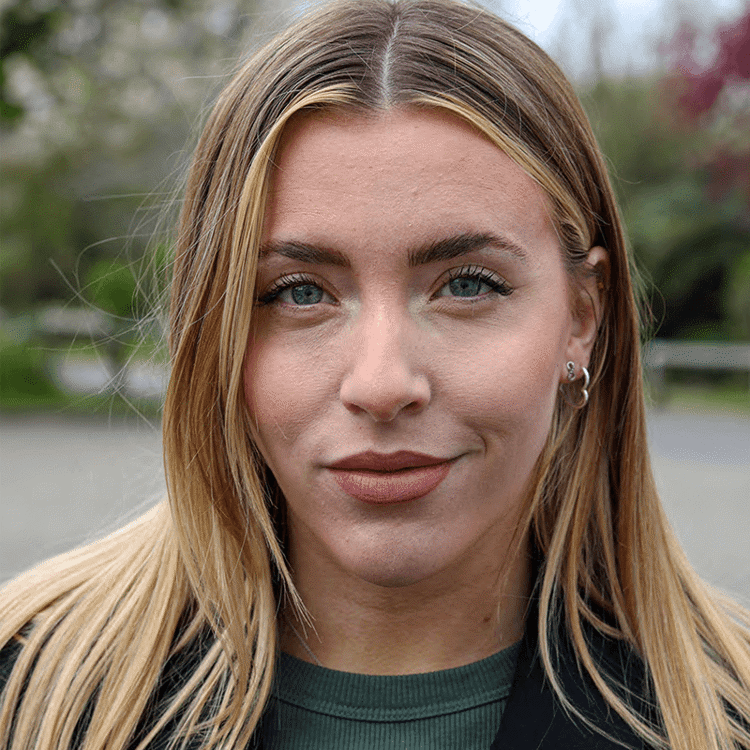
Megan Loveys
I am a Lecturer in the School of Education. My PhD research explored the context of one special-mainstream partnership in Further Education. I am very interested in how we can create more collaborative partnerships in education that embody inclusion to better support all students and specifically, students with Special Educational Needs and Disabilities. My other research interests include transitions throughout education, the use of technology to enhance learning and wellbeing, and the relationship between children and young people's mental health and learning outcomes.

Assessment
Push yourself further with real-world assignments.
Throughout the course, you’ll experience a wide range of assessments that enhance your understanding and practical skills, while giving you a taste of practices within the workplace. These include:
- online tests
- presentations
- essays
- practical assessments
- portfolios for placement modules
You’ll leave Roehampton with an in-depth understanding of both the theory and the hands-on applications of working with young children, ready to take the next step.
In school of education, we prepare our students for enriching careers within the modern education system. We have a rich 183-year history and have been providing higher education to women for longer than any other university in the country.
In year 3, you will have the opportunity to complete a placement module and gain a level 6 Early Childhood Graduate Practitioner Competency:
Studying Young Children; Building Relationships. Placement.
Observing young children is a key element in developing an understanding of their growth, development, and learning. This module is designed to offer you the opportunity to develop confidence and strength in your knowledge of young children, through study within the university and observations in settings for young children.
At this level 4 module, you will need to undertake a minimum of 25 days mentored experience (Placement) in a relevant early years setting to gain your first-year experience to meet the requirement of the Early Childhood Graduate Practitioner Competencies.
Career
Shape the future of the education sector.
Many graduates take on roles in the education sector including:
- Education professional in primary and nursery care (teaching, administration or management)*
- A special needs professional in schools, children centres and the community
- A children’s charity undertaking policy and research, in community support, welfare or housing
- An NGO or central or local government department
*This is an academic degree – further study may be needed to gain professional qualifications.
If you’re ready to learn, we’ll help you gain the confidence and opportunities to achieve.

Once you complete this course, you can top-up your qualification to a full BA (Hons) Early Childhood studies degree.
Our Careers team is on hand to help from the start of your studies until after you graduate. Under their guidance you’ll benefit from a wide range of support, including:
- CV building
- Interview preparation
- Mentoring
- Industry connections
- Work experience
- Volunteering opportunities
- Job fairs
- Introductions to future employers.
Our careers team is available to support you from the start of your studies until after you graduate. We will help you build your CV, prepare for interviews, and meet and learn from successful graduates working at the top of their careers. You’ll also have opportunities to work with our partners across London and beyond, and to attend a Roehampton jobs fair where you can find out about graduate opportunities and meet employers.
Open days
Get a real taste of our campus, community and what it’s like to study at Roehampton
Applying
Full-time UK undergraduate students apply through UCAS.
Entry tariff
112–128 UCAS points (or equivalent)
Looking to work out your UCAS points or find out about our entry requirements? Find out more.
When we consider applications to study with us, we form a complete view of your achievements to date, and future potential, and can offer flexibility in entry requirements. Find out more about our Contextual Offer scheme.
Specific entry requirements
Career prospects are greatly enhanced by having GCSE Maths and English at grade C/4 or above on this course.
General entry requirements
September 2025 entry tuition fees
UK (home) tuition fees
Undergraduate degree: £9,535
We offer a wide range of scholarships and bursaries. See our financial support pages for UK students.
We also provide other ways to support the cost of living, including free buses and on-campus car parking, hardship support and some of the most affordable student accommodation and catering in London. Find out more about how we can support you.
International undergraduate students apply through our direct application system.
Entry tariff
112–128 UCAS points (or equivalent)
Looking to work out your UCAS points or find out about our entry requirements? Find out more.
When we consider applications to study with us, we form a complete view of your achievements to date, and future potential, and can offer flexibility in entry requirements. Find out more about our Contextual Offer scheme.
General entry requirements
September 2025 entry tuition fees
EU and international tuition fees
Undergraduate degree: £16,950
We offer a wide range of scholarships and bursaries. See our financial support pages for international students.
We also provide other ways to support the cost of living, including free buses and on-campus car parking, hardship support and some of the most affordable student accommodation and catering in London. Find out more about how we can support you.




